FAQs
Editorial Process
What is your editorial process?
First, I free write or write with a purpose in mind. After 15 years of poetic practice, I can write a poetic piece with some rhythm and self-contained imagery during the free write. Then, I work with several creative/editorial processes:
- I might choose to reread and polish that piece until it is published. I read the poem out loud. That confirms if the poem sounds and reads as I most prefer. During this process, I value more images than sounds.
- I would take a free write after some days. I read it out loud and rewrite the piece. I work through it until it works as I intended initially. During this process, I value images and sounds evenly.
- I write with a poetic form in mind. I write about the imagery and rhythms I want to express in a whiteboard. Then, I go back to the poetic form. I count syllables if required. I am much more rigid when I write with a poetic form in mind. I read it out loud, but I am still flexible. I break the rules if needed. During this process, I value sounds more than images. I would then create its music and repeat the sounds until it feels right. This would confirm the sounds are appropriate.
As you can see, these processes appear to be static once the process ends. I’ve lived under the assumption that publishing is static. This assumption comes from the idea that works of art are finished once published. I now realize they are not static. Why?My work is under a Creative Commons License. Everyone can reuse; therefore, I am not bound to a “copytight” that prevents the continual improvement of your own work.
- My work is under a Creative Commons License. Everyone can reuse; therefore, I am not bound to a “copytight” that prevents the continual improvement of your own work.
- I write on the web. It is really easy to edit and leave an older version behind.
- Poetry changes the way we think and speak, secretly, ever heard of an old expression or a cliché? It might come from an ancient poem. That’s right! Poetry might feel static, until it becomes a part of us.
If poetry changes within us, it is not static. If it is not static, I allow myself permission to make mistakes. We are human. Mistakes happen. You don’t like something. Let me know. You love something, let me know too! I’ll try and repeat the good things.
As a result, I have changed my editorial process from being close-ended to open-ended. Mistakes happen. Change happens. Rather than being fearful of mistakes, I’ll embrace them. Teach me, if you will, your opinion matters to me.
How can I become your editor?
Leave a comment or rate a poem. It’s as simple as that.
Not every edit would be implemented to the poem being critiqued, but I would consider it thoroughly, and it could affect my writing as a whole. I would value the kindest and most respectful opinions that actually improve the writing. For example, a critique that says: “This is not poetry. It is a blabbering nonsense.” would not be considered at all because it does not bring anything constructive to the writing. However, a critique that says: “You could improve the writing by removing the word love and adding a particular instance of that love” would be taken seriously.
That said, poems that are open to substantial changes and criticism would be the ones that have no audio. Poems that have an audio have been heavily edited previously, and I have sometimes used poetic forms that make it difficult to make changes. Nonetheless, I am willing to do substantial changes to poems with an audio if it is merited.
Who are your editors?
If you have contributed as an editor, you will be credited here with a link to your website and social media handles. If you have already contributed, but you don’t see your name… Contact me!
